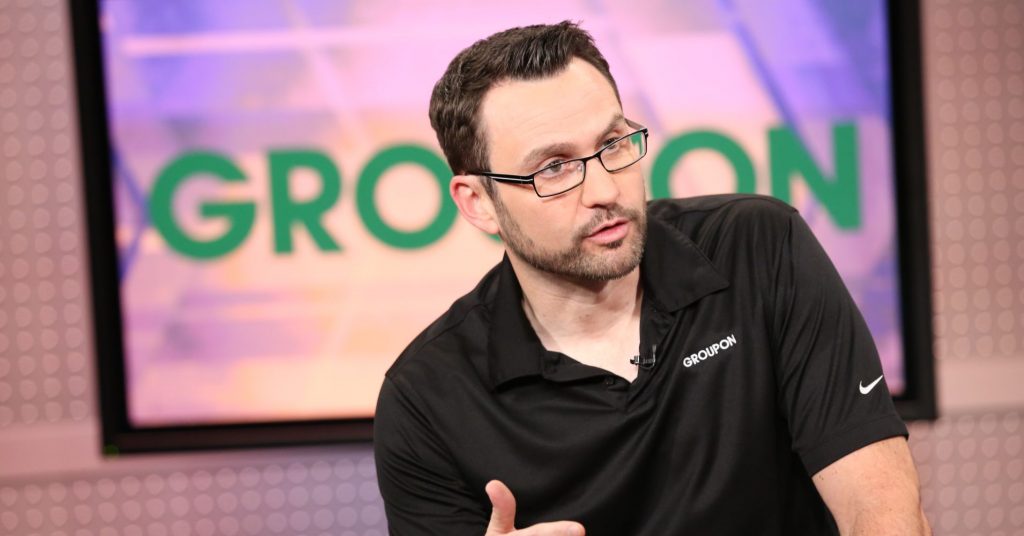
Habits are what make you who you are. They’re hard to form, hard to break, and there’s a wealth of advice telling you which ones to add to your daily routine. But what if some of your “good” habits are actually holding you back?
The truth is, you may need to drop existing habits to move forward in life, even ones you thought were, or ones that used to be, helpful. Surrounding yourself with high achievers is good, and saying “yes” to opportunities is good, too, but don’t feel that you need to fill your calendar, especially if you are making plans for the sake of making plans, for example. Spending too much time around other people can leave you overstimulated and without the time you need to set your own goals.
Maybe your “good” habit involves leading regular meetings at work so that everyone’s on the same page, or toggling quickly from one task to another to be as productive as possible — but lately you’ve noticed the meetings and the multitasking are leaving you drained, not energized.
It can serve you to eliminate habits that aren’t actually good for you anymore — but first you have to identify them and then unlearn them. In fact, unlearning habits can be just as valuable as acquiring them in the first place.
Unlearning is the process of identifying and letting go of habits you no longer need. If you are an American who is learning to drive in England, you have to unlearn the habit of staying on the right side of the road. Companies like Facebook and Google were able to innovate precisely because they threw out previously held assumptions about the possibilities of the internet.
Unlearning is a necessary step for finding the best approaches for you.
There are three steps to unlearning a habit.
1. Recognize that your current actions no longer serve your needs
This won’t be easy because most of what we do happens without conscious thought. It helps to try to adopt an outside perspective. What would you usually ignore that other people see?
For instance, are you a habitual multitasker at work? Experiment: Spend a day or two focusing on only one task at a time. Multitasking may be a skill that you don’t need to utilize as often as you think, or one that doesn’t actually help you at all.
2. Identify or create a habit that works better
If your habit was no longer an option, what would you do instead? What alternative might work better for you?
Take the example of a weekly business meeting of team and board members. Sure, it’s important to communicate and exchange information. But how efficient is this meeting in practice? Is there always new information? Does everyone need to be there for it? If not, how can you share information so that you only need to meet once every two or three weeks?
And try re-structuring your meetings, like by imposing time limits so that you discuss prioritized topics first and follow up on less pressing updates by e-mail.
3. Practice to ingrain the new habit
After you’ve identified what works best for you, implement it in your daily life. Actively remind yourself to do it. It’s very important to write down the new habit that you are striving for. Creating an accountability structure with others can also be helpful.
Remember that ingraining new mental habits is as much of a gradual process as ingraining physical or behavioral habits. Be conscious of your actions and be patient with yourself during the transition.
According to Gallup, 87 percent of millennials say that professional development opportunities are an important factor in choosing a job. While learning new things is essential to a career, don’t forget to unlearn what you no longer need to maximize your returns.
Unlearning helps by teaching you which habits and practices are the best. Re-structure your life with what is most useful to you. “The best part of the process is realizing how often you don’t get things right and embracing it,” says Dom Price, futurist-in-chief and head of R&D at software development firm, Atlassian.
Elle Kaplan is the founder and CEO of LexION Capital, a fiduciary wealth management firm in New York City, serving high-net-worth individuals. She is also the chief investment officer and founder of LexION Alpha.
Like this story? Subscribe to CNBC Make It on YouTube!
Don’t miss: 7 ways to increase your success and enjoy the process

